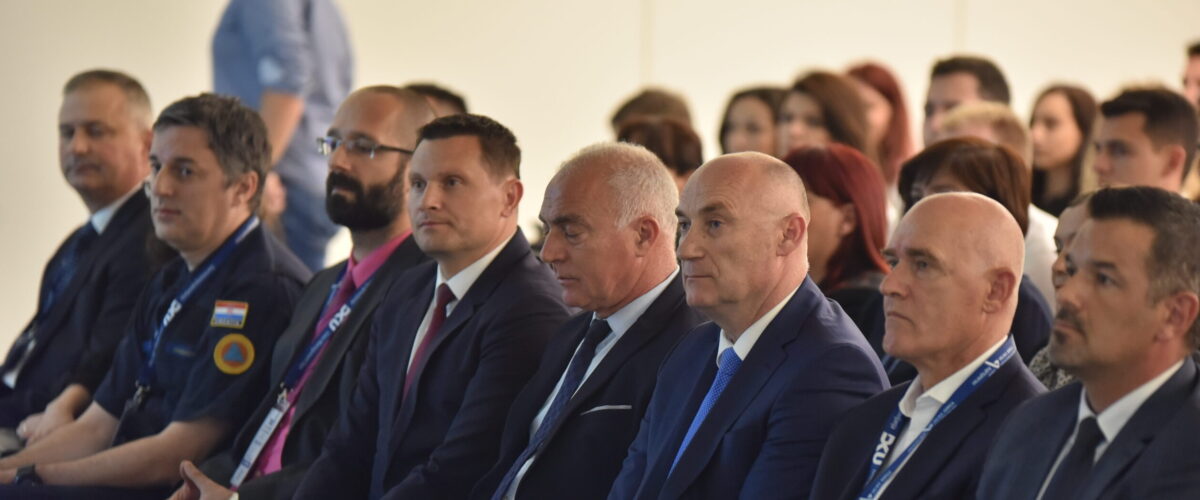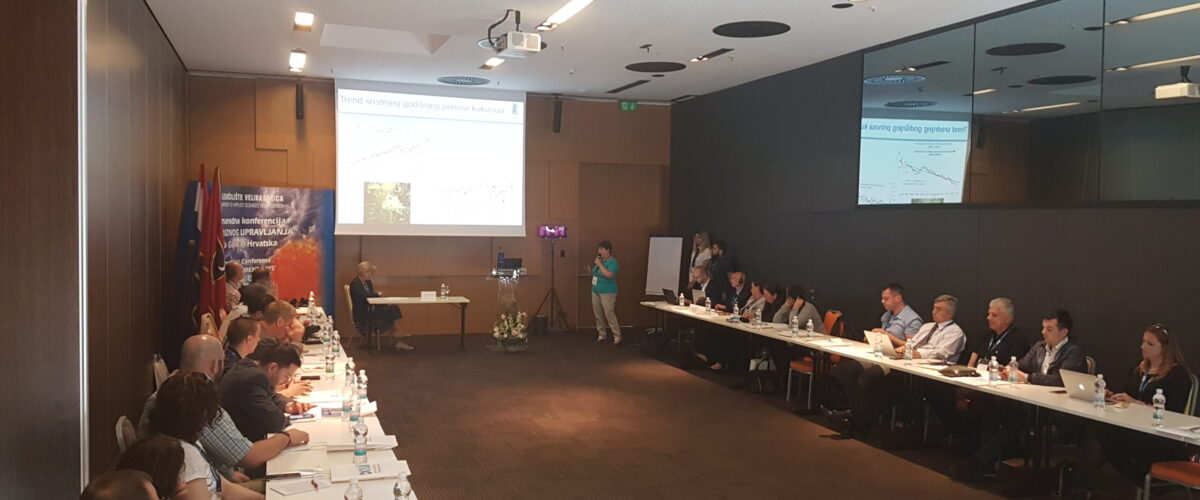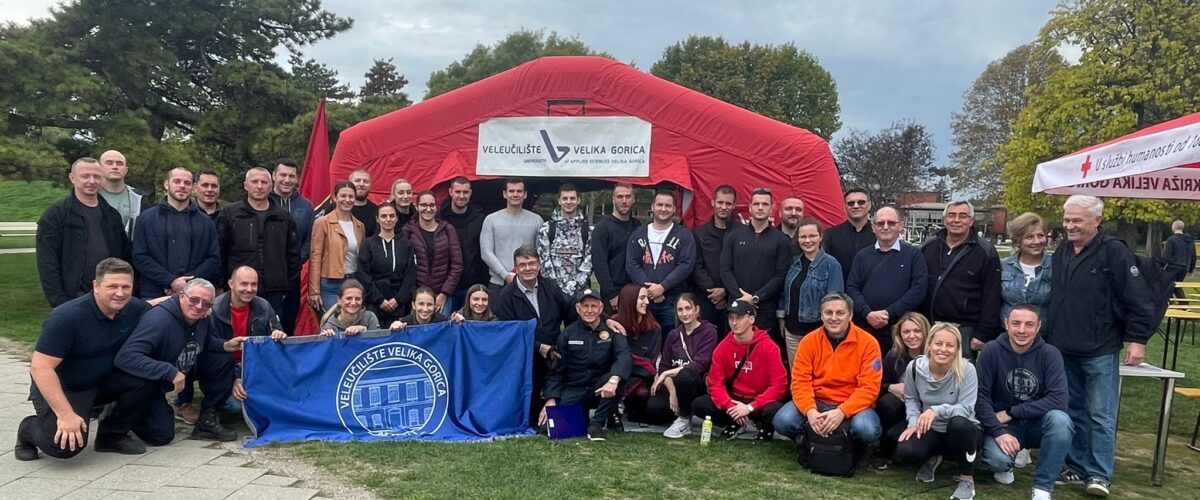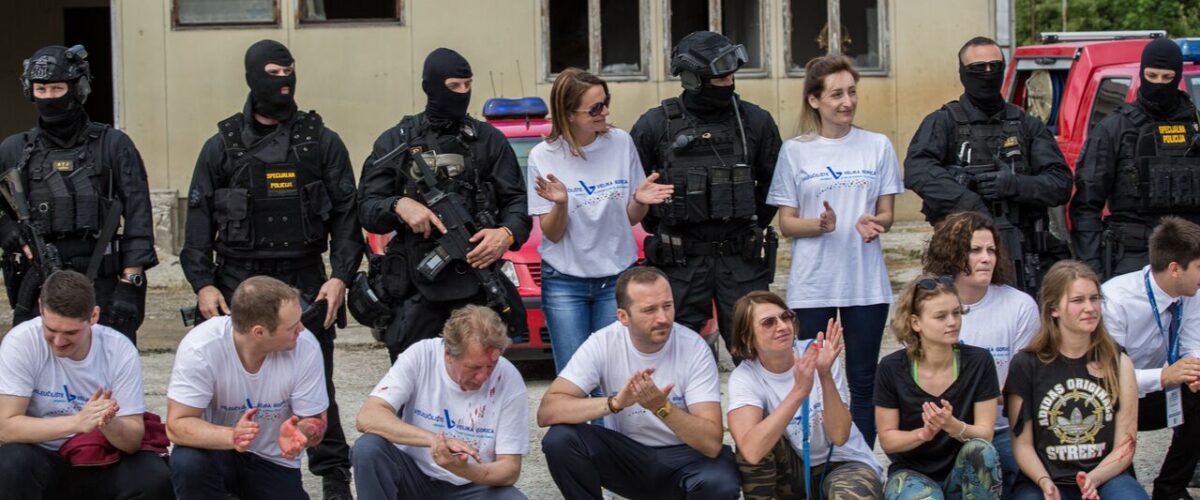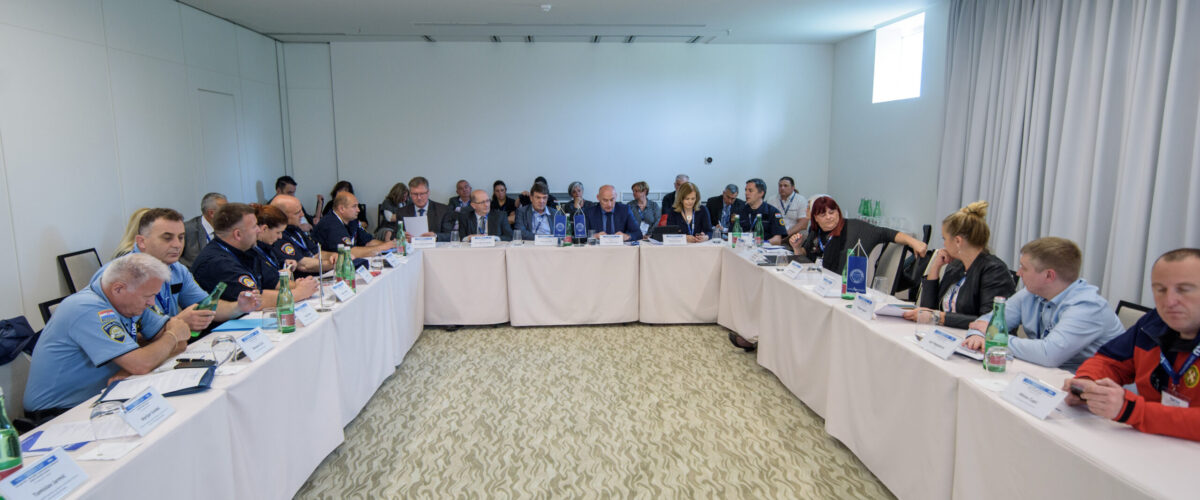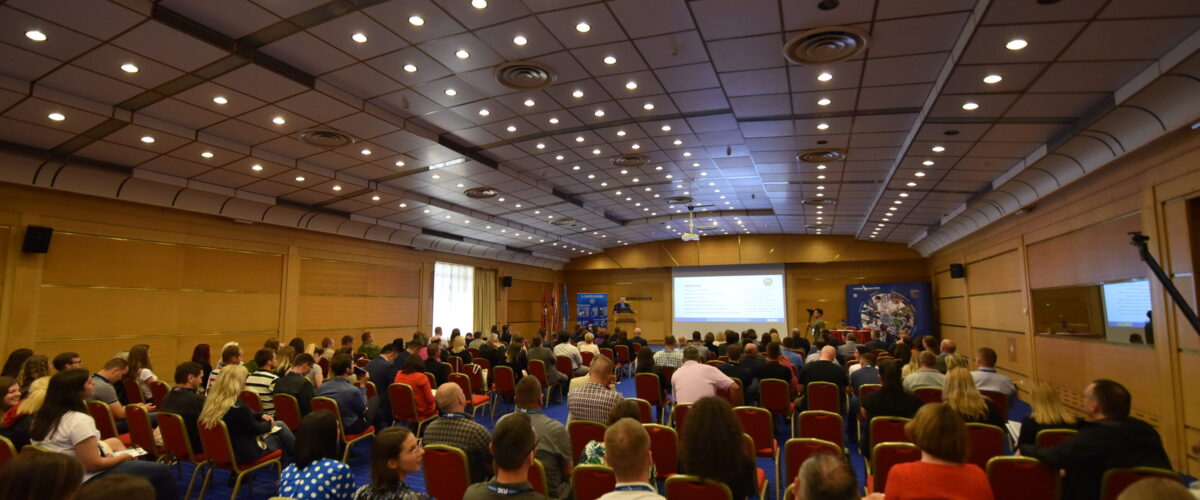The 17th International Crisis Management Days Conference was held in Tuheljske Toplice on May 22 and 23, 2024, following
the planned thematic sessions, workshops, and panels.
The conclusions reached are as follows
- The process of lessons learned, and analysis of crisis situations holds particular importance in crisis scenarios. There are ample
reasons why implementing analysis and the entire lessons learned process is crucial in crisis management. This process plays a vital
role in improving responses, planning, risk management, and coordination in crisis situations, allowing us to draw valuable insights
and apply them to better manage and respond to future challenges.
- Alongside the analysis of crisis situations, targeted and comprehensive research is necessary for the thematic areas of crisis management about which we lack sufficient information due to their complexity and interdisciplinarity. This research enables feedback
from all relevant participants on the current state of the crisis management system.
- The analysis of crisis situations is a continuous process that requires a comprehensive and coordinated approach. The integration
of prevention, preparation, response, and recovery allows all participants to effectively manage crises and minimize their negative
impacts while focusing on preventive and planning activities to strengthen resilience to crisis situations.
- Sustainability plays a key role in sectors such as tourism, food production, and transportation, and the importance of cooperation
between governments, the private sector, local communities, and citizens is crucial for achieving sustainable development goals and
preserving the environment for future generations.
- Climate change has been identifi ed as one of the most serious risks today, with a particular emphasis on agriculture and the food
system as signifi cant sources of greenhouse gas emissions.
Although we are aware of climate change, we are still insufficiently educated about its causes and solutions.
- A comprehensive review of various aspects of sustainability in different sectors, including tourism, corporations, food production,
and transportation, underscores the need for education, information, technological innovations, and local initiatives to achieve sustainable development goals and preserve the environment.
- The role of the media in crisis situations is crucial for effective crisis management.
- The media has signifi cant power in shaping public opinion and can greatly infl uence public behaviour and attitudes. Their
impact depends on the credibility, quality of reporting, and ethical standards. To ensure the accuracy and reliability of information,
continuous fact-checking, using credible sources, transparent communication, and maintaining consistency of messages through a
centralized communication team are necessary.
- The media can positively infl uence crisis management by timely reporting on safety measures, but also negatively by spreading
unverifi ed information and fake news. Therefore, it is important to balance between informing and avoiding panic by publishing
facts and calming messages.
- Traditional media still have signifi cant infl uence due to their credibility, although social media allow for faster dissemination of information, increasing the risk of spreading misinformation. Therefore, in the digital age, the speed of spreading information through
network channels, platforms, and applications poses a challenge for professional journalistic standards.
- Mistakes that professionals can make include a lack of transparency, spreading inaccurate information, and unpreparedness for
rapid changes. Regular training of experts and lessons learned can signifi cantly improve the ability to effectively face future crises.
- Continuous work on improving the Early Warning System is necessary to ensure the ongoing implementation of activities on
amendments and supplements to Standard Operating Procedures regarding the exchange of information in the early warning system and end users of the civil protection system operational forces.
- Further, implementing simulation exercises is necessary to create conditions for action according to the adopted Standard Operating Procedures.
- Activities on improving the warning system for persons with special needs should be conducted.
- Continuous efforts to introduce new digital technologies aimed at improving the early warning system should be made.
- Regarding strengthening the safety and risk recognition of economic entities engaged in waste management, plans should be
developed that will enable early warning to avoid fi res or other forms of hazards.
- Education regarding the implementation of crisis management plans in companies engaged in waste management should be
conducted.
- Interdepartmental cooperation of all bodies involved in early warning and remediation of severe consequences should be encouraged.
- Promoting the safety of citizens while ensuring the fulfi lment of sustainable waste management goals.
Conclusions of the 17th International Crisis Management Days Conference, CMD 2024.pdf
For the Organizing Committee and Scientifi c Committee
Prof. Sanja Kalambura, PhD



